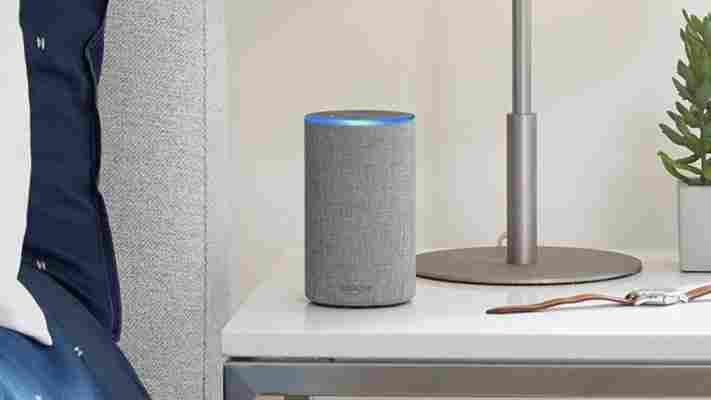Amazon is reportedly creating an AI chip to process Alexa commands on-device
by Miles Warren
July 19,2022
After Apple, Google, and Huawei, Amazon is the newest kid on the AI chip block , according to a report from The Information .

The outlet noted that the ecommerce giant is developing its own artificial intelligence processor for its Alexa-powered hardware, which presently includes the Echo lineup of smart speakers. The idea is to use the chip to process voice commands on the device itself rather than rely as heavily as Echo speakers currently do on the cloud, making for quicker responses to your questions.
The Seattle-based company has been acquiring and hiring specialists in chip making over the past couple of years. Speeding up responses to voice commands could prove crucial in the coming years, as the race to rule the roost grows more difficult; AI-powered assistants from the likes of Google, Apple, Samsung, and Microsoft are also in the running, and might influence consumers’ decisions in choosing which hardware brand’s ecosystem of products and services to invest in.
It’s worth noting that Amazon’s approach differs from what others have been working on with their chips: Google and Huawei have been using their specialized processors to improve camera performance on their flagship phones, while Apple’s A11 Bionic processor enables features like Face ID , which uses a depth camera for facial recognition.
Perfecting the voice assistant experience could certainly help Amazon maintain its lead in the smart speaker race. The Echo range outsold Google Home by three times last year , and things will get more interesting now that both firms have touchscreen-equipped speakers on store shelves (or on the way for later this year , in the case of Google Assistant). Meanwhile, Apple’s HomePod speaker has wowed audiophiles , but disappointed fans with limited Siri functionality. Let’s see if Amazon’s new chip is really all that when it arrives.
